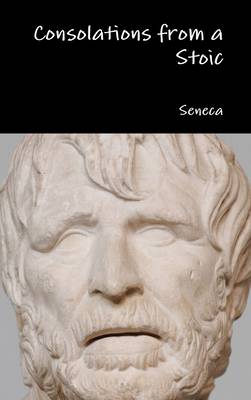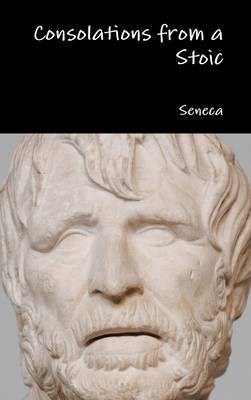
- Afhalen na 1 uur in een winkel met voorraad
- Gratis thuislevering in België vanaf € 30
- Ruim aanbod met 7 miljoen producten
- Afhalen na 1 uur in een winkel met voorraad
- Gratis thuislevering in België vanaf € 30
- Ruim aanbod met 7 miljoen producten
Zoeken
Omschrijving
Seneca composed the Consolations while in exile on Corsica during 40-44 AD and used each opportunity to show off in writing his trendy Stoic ideas about life and the universe. His three letters of condolences De Consolatione ad Marciam, De Consolatione ad Polybium and De Consolatione ad Helviam caused a sensation in Rome when they were circulated and before long the disgraced aristocrat was recalled from banishment and given the plum appointment of tutor to the young future emperor Nero. In each work Seneca employs many of the rhetorical devices common to the consolatio tradition while incorporating his unique philosophy. His seemingly positive outlook on his own exile follows the Stoic principle that one should not be upset by uncontrollable events.
Alleen bij Standaard Boekhandel
+ 67 punten op je klantenkaart van Standaard Boekhandel
Beoordelingen
We publiceren alleen reviews die voldoen aan de voorwaarden voor reviews. Bekijk onze voorwaarden voor reviews.












